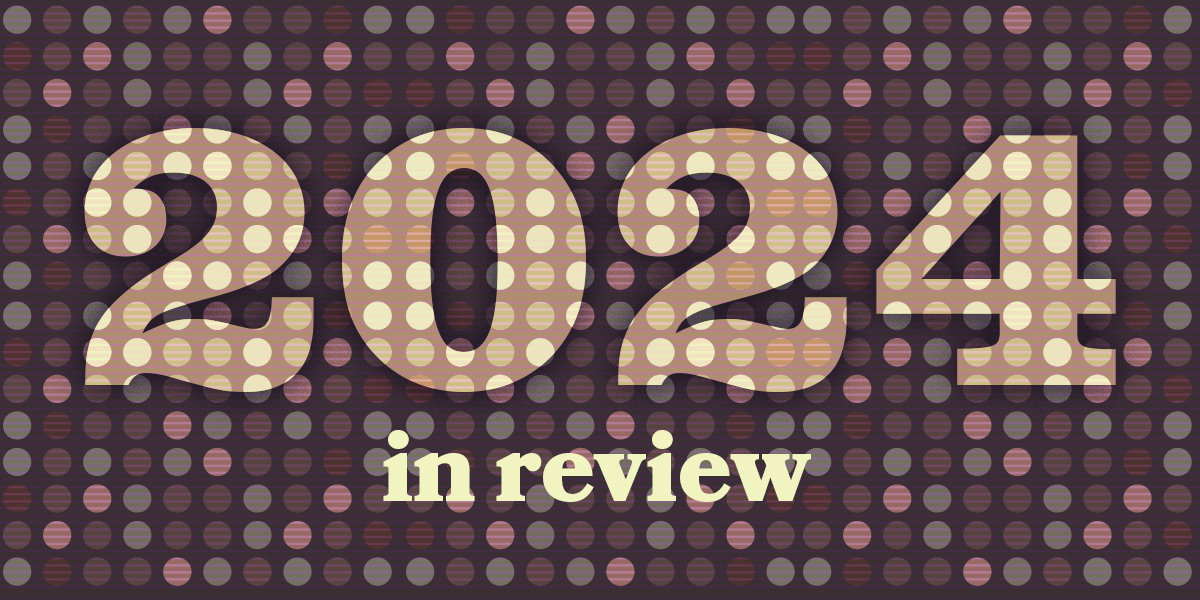Tech
Is Facebook Actually Free? Letter to Meta Suggests EU Doesn’t Think So

Other Key Concerns of the CPC Commission
Along with this misleading use of the word “free”, the CPC flagged several other elements of Meta’s new business model that could be deemed “unfair” and in breach of several EU legal directives:
- Confusing users with multiple hyperlinks leads people to different sections of the Terms of Service or Privacy Policy, leaving it to them to piece together how their personal data would be used by Meta.
- Using imprecise terms and language. For example, glossing over the fact that the ad-free option wouldn’t prevent other social media users from sharing content that included ads.
- Preventing users from entering their accounts until they’d made a decision between a paid subscription or agreeing that Meta could use their personal data. That meant consumers were under “undue pressure to choose rapidly between the two models” without time to consider the implications.
According to The Verge, Meta could be fined up to 4 percent of annual revenue in each of the member states that its accused of misleading consumers in. Considering Meta’s takings in Europe last year amounted to over $30 billion, the financial penalty will likely be eye-watering.
Why Did Meta Introduce a Subscription Plan?
The CPC’s action against Meta has been pretty swift following the social media platform’s roll-out of subscription plans for Instagram and Facebook, which were announced in October of last year. But why did Meta roll this out in the first place?
“We introduced this choice, called ‘Subscription for no ads,’ as our consent solution to comply with a unique combination of connected and sometimes overlapping EU regulatory obligations with differing compliance deadlines,” the company explained in a blog post published at the time.
With this being the case, Meta will likely remain adamant that their new business models do in fact comply with relevant EU regulations. “Subscriptions as an alternative to seeing advertising are a well-established and economically viable business model spanning many industries, from news publishing and gaming to music and entertainment” the blog post continues. “That’s why we believe it is the best compliance solution.”
But it isn’t us they need to convince. The company only has a few months left in which to address the CPC’s concerns. If not, come September 1, they could face the threat of extensive sanctions.










